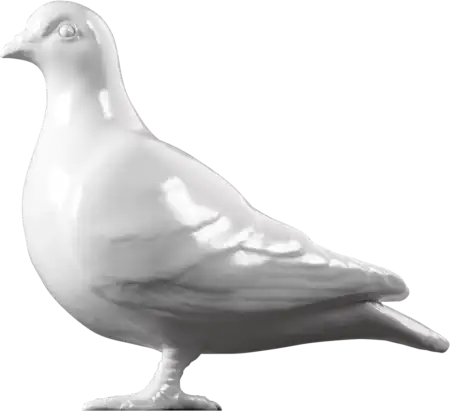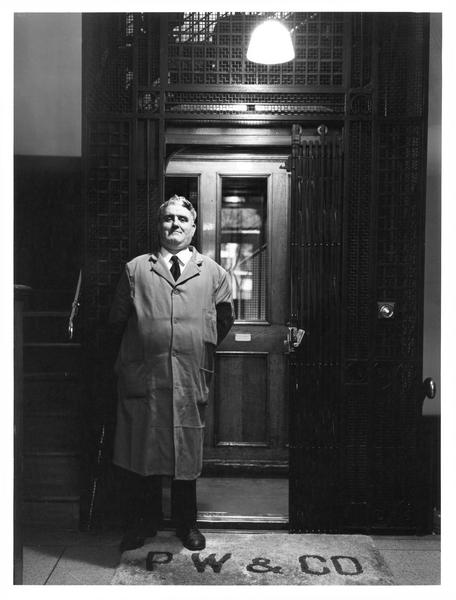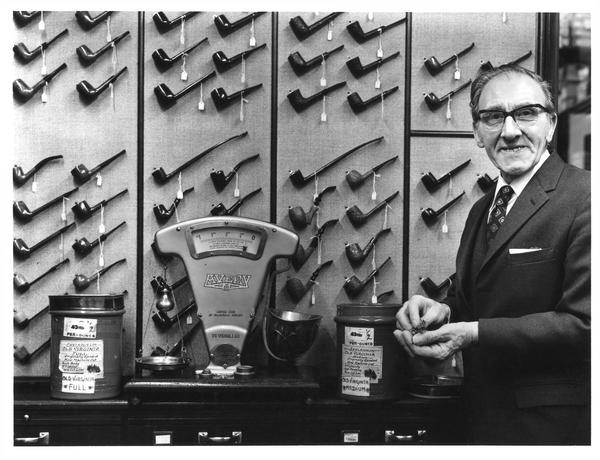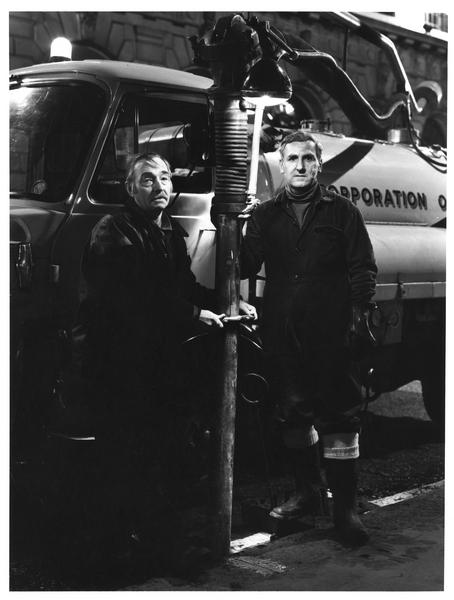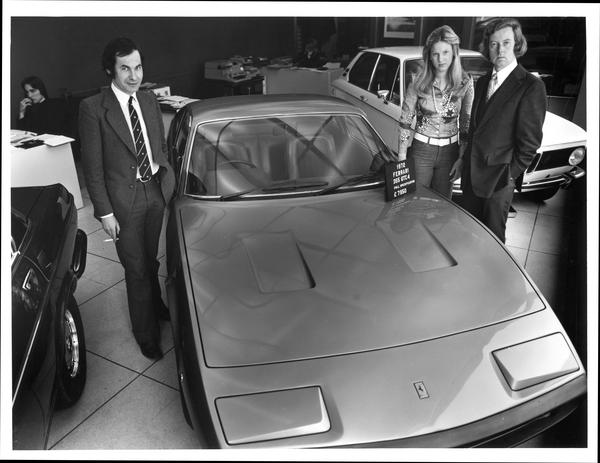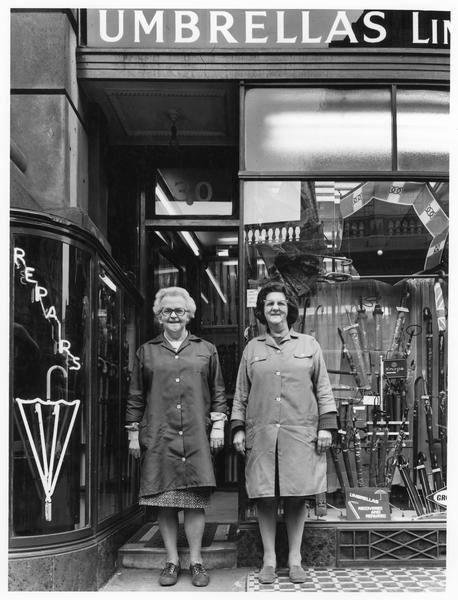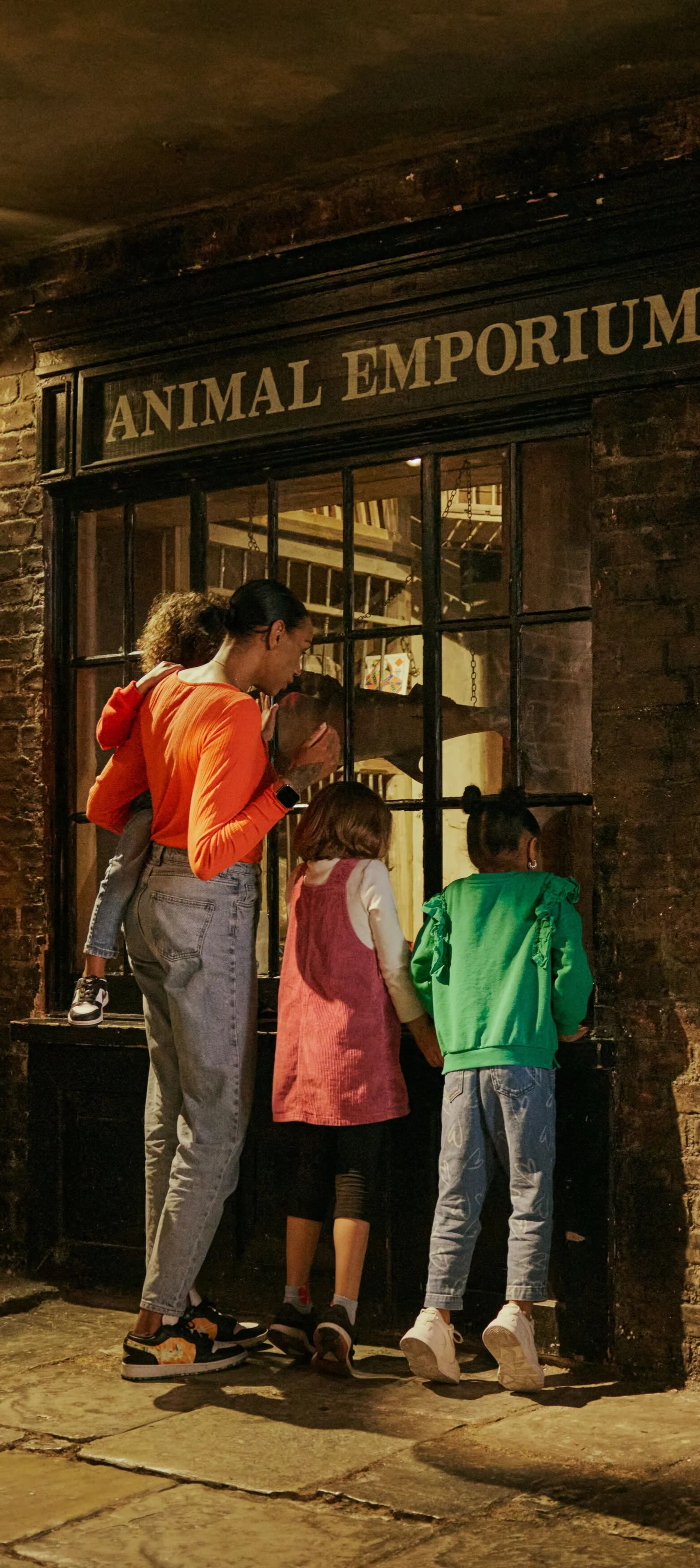Portraits of City of London workers, 1974
New Zealand-born John Eastcott is best known as an award-winning wildlife photographer. But in 1974, while studying in London, he completed a project capturing the diverse jobs people did within the City of London. These charming photographs formed a series called People Who Work Within Half a Kilometre of the Bank.
City of London
1974

Getting to know his subjects
Eastcott took two photographs of each person or group he chose for his project, and based his captions on the chats he had with them. This shot is of Fred Truluck, who opened his racquet-stringing business in the Royal Exchange, opposite the Bank of England, in 1953. Eastcott said the series shows people who are “in some way affected by the tradition that has gone before them, just as they themselves are in some way shaping the future”.

Tobacconist, Throgmorton Street
John Wright had been working in the tobacco trade for 40 years by the time this photograph was taken. Wright told Eastcott he’d noticed fewer people were smoking cigars and pipes – and those that did were from older generations. Tobacco used to be stored in large canisters, like those pictured by the scales, and was blended according to the clients' taste.

A liftman at Price, Waterhouse & Co
J Farqhar had moved from Dundee, Scotland, down to London only two weeks before Eastcott took his portrait. He’d been a general labourer all his life and worked as both a dustman and watchman. But he’d been ill and unemployed for a year before he moved to the capital. Here, he’s working as a liftman at the offices of the accounting firm Price, Waterhouse & Co (now PwC) on Old Jewry. Skilled lift operators went extinct over time as technology made lifts increasingly foolproof.

Gully machine workers
Bert Keeple (right) and Alfred Middleton (left) pose next to a gully machine, a vehicle with a big vacuum for clearing street drains. Middleton had worked for the Corporation of London, the governing body for the City, for 47 years. He began as a 'street orderly boy', earning 32 shillings a week cleaning up after horses.

Van der Steen Car Sales Limited employees
Car salespeople at Van der Steen Car Sales Limited stand around a two-year-old Ferrari. On the right is David Turner, who said he’d been doing the relatively long commute from his home in Sussex to work in the City every day for 18 months.

Shop attendants, 30 Royal Exchange
Mrs Evans (left) and Mrs Lane (right) had been working at Carter's Umbrellas in the Royal Exchange for over a decade. They’d been in the umbrella trade since leaving school. The pair told Eastcott that, over the past few years, they’d seen an increase in patterned men’s umbrellas, more fancy colourful women’s umbrellas, and a big rise in price.

Demolition worker, New Fresh Wharf
Here’s demolition worker Brendan Quigley on site on New Fresh Wharf, near London Bridge. Quigley and many of his workmates were Irish. They’d been employed to demolish a 30-year-old warehouse as part of the wharf's redevelopment.

Hudson’s Bay Company furrier ‘sizers’
These four are working as furriers, people who prepare or deal in furs, for the Hudson’s Bay Company. The company, founded in 1670, was based at Beaver House, once the centre of London’s fur trade. Here, the furriers are ‘sizing’ the minks after they’ve been graded. Larry Brotherton, pictured in the middle, had worked for the company for 37 years by then.

Sewage cleaners beneath Lower Thames Street
Sam Luck (left) and Robert Attwood (right) are pictured in a 19th-century brick sewer. They’d worked in the sewers for 18 and 23 years respectively and had both previously been dustmen.

Chefs inside Grocers’ Hall kitchen
George Lawrence (left), chef Marcel Fargeot (middle) and kitchen porter Daniel Bovez (right) prepare a banquet for a wedding reception at Grocers’ Hall, Princes Street. The hall belongs to the Worshipful Company of Grocers, one of the City’s livery companies. The livery companies are professional associations whose history stretches back to medieval times, when they held the power to regulate their trades.
